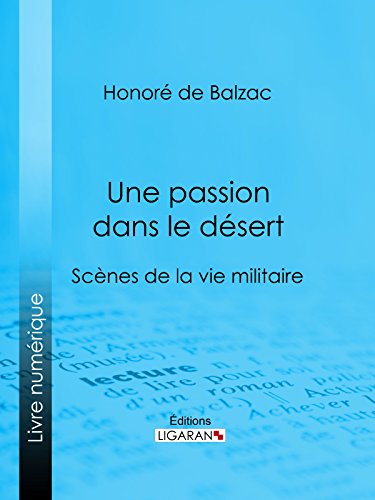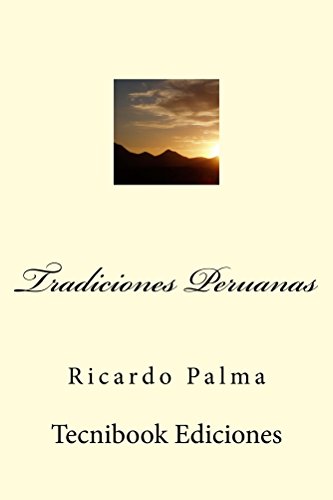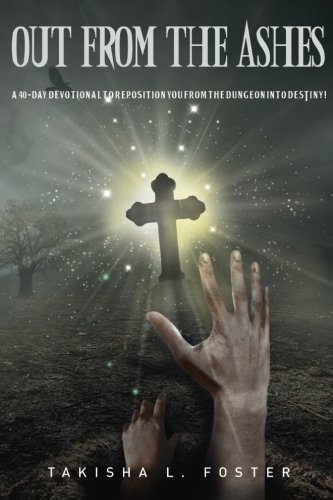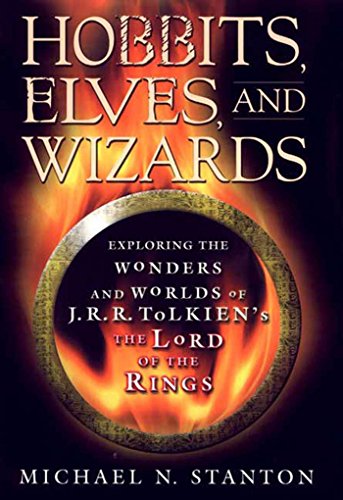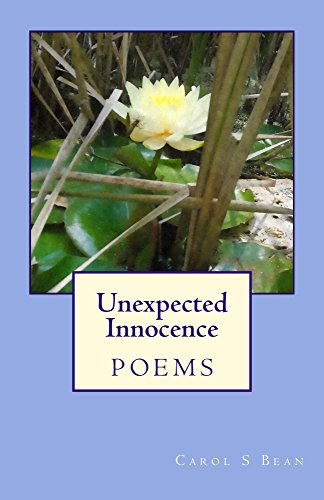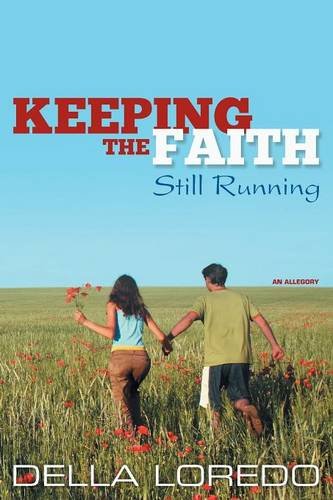Ulysses (Penguin Modern Classics), by James Joyce
Presents currently this Ulysses (Penguin Modern Classics), By James Joyce as one of your book collection! Yet, it is not in your cabinet collections. Why? This is guide Ulysses (Penguin Modern Classics), By James Joyce that is provided in soft documents. You can download the soft file of this magnificent book Ulysses (Penguin Modern Classics), By James Joyce currently as well as in the web link given. Yeah, various with the other individuals who search for book Ulysses (Penguin Modern Classics), By James Joyce outside, you could get much easier to position this book. When some people still stroll right into the shop and also browse guide Ulysses (Penguin Modern Classics), By James Joyce, you are here just stay on your seat and get guide Ulysses (Penguin Modern Classics), By James Joyce.
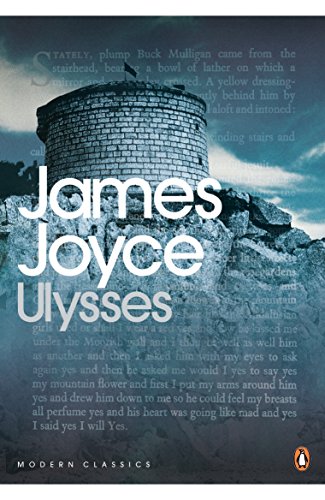
Ulysses (Penguin Modern Classics), by James Joyce

Best PDF Ebook Online Ulysses (Penguin Modern Classics), by James Joyce
A modernist novel of supreme stylistic innovation, James Joyce's Ulysses is the towering achievement of twentieth century literature. This Penguin Modern Classics edition includes an introduction by Declan Kiberd.
For Joyce, literature 'is the eternal affirmation of the spirit of man'. Written between 1914 and 1921, Ulysses has survived bowdlerization, legal action and bitter controversy. Capturing a single day in the life of Dubliner Leopold Bloom, his friends Buck Mulligan and Stephen Dedalus, his wife Molly, and a scintillating cast of supporting characters, Joyce pushes Celtic lyricism and vulgarity to splendid extremes. An undisputed modernist classic, its ceaseless verbal inventiveness and astonishingly wide-ranging allusions confirm its standing as an imperishable monument to the human condition. Declan Kilberd says in his introduction that Ulysses is 'an endlessly open book of utopian epiphanies. It holds a mirror up to the colonial capital that was Dublin on 16 June 1904, but it also offers redemptive glimpses of a future world which might be made over in terms of those utopian moments.'
This edition is the standard Random House/Bodley Head text that first appeared in 1960.
James Joyce (1882–1941), the eldest of ten children, was born in Dublin, but exiled himself to Paris at twenty as a rebellion against his upbringing. He only returned to Ireland briefly from the continent but Dublin was at heart of his greatest works, Ulysses and Finnegans Wake. He lived in poverty until the last ten years of his life and was plagued by near blindness and the grief of his daughter's mental illness.
If you enjoyed Ulysses, you might enjoy Virginia Woolf's Mrs Dalloway, also available in Penguin Classics.
'Everybody knows now that Ulysses is the greatest novel of the twentieth century' Anthony Burgess, Observer
Ulysses (Penguin Modern Classics), by James Joyce - Amazon Sales Rank: #425285 in eBooks
- Published on: 2015-06-04
- Released on: 2015-06-04
- Format: Kindle eBook
Ulysses (Penguin Modern Classics), by James Joyce Amazon.com Review Ulysses has been labeled dirty, blasphemous, and unreadable. In a famous 1933 court decision, Judge John M. Woolsey declared it an emetic book--although he found it sufficiently unobscene to allow its importation into the United States--and Virginia Woolf was moved to decry James Joyce's "cloacal obsession." None of these adjectives, however, do the slightest justice to the novel. To this day it remains the modernist masterpiece, in which the author takes both Celtic lyricism and vulgarity to splendid extremes. It is funny, sorrowful, and even (in a close-focus sort of way) suspenseful. And despite the exegetical industry that has sprung up in the last 75 years, Ulysses is also a compulsively readable book. Even the verbal vaudeville of the final chapters can be navigated with relative ease, as long as you're willing to be buffeted, tickled, challenged, and (occasionally) vexed by Joyce's sheer command of the English language.
Among other things, a novel is simply a long story, and the first question about any story is: What happens?. In the case of Ulysses, the answer might be Everything. William Blake, one of literature's sublime myopics, saw the universe in a grain of sand. Joyce saw it in Dublin, Ireland, on June 16, 1904, a day distinguished by its utter normality. Two characters, Stephen Dedalus and Leopold Bloom, go about their separate business, crossing paths with a gallery of indelible Dubliners. We watch them teach, eat, stroll the streets, argue, and (in Bloom's case) masturbate. And thanks to the book's stream-of-consciousness technique--which suggests no mere stream but an impossibly deep, swift-running river--we're privy to their thoughts, emotions, and memories. The result? Almost every variety of human experience is crammed into the accordian folds of a single day, which makes Ulysses not just an experimental work but the very last word in realism.
Both characters add their glorious intonations to the music of Joyce's prose. Dedalus's accent--that of a freelance aesthetician, who dabbles here and there in what we might call Early Yeats Lite--will be familiar to readers of Portrait of an Artist As a Young Man. But Bloom's wistful sensualism (and naive curiosity) is something else entirely. Seen through his eyes, a rundown corner of a Dublin graveyard is a figure for hope and hopelessness, mortality and dogged survival: "Mr Bloom walked unheeded along his grove by saddened angels, crosses, broken pillars, family vaults, stone hopes praying with upcast eyes, old Ireland's hearts and hands. More sensible to spend the money on some charity for the living. Pray for the repose of the soul of. Does anybody really?" --James Marcus
From Publishers Weekly Starred Review. Frank and Malachy McCourt and 13 Irish actors bring Joyce's short stories to life in this well-produced audiobook. None of the readers employ a thick accent in the narrative portions, but for dialogue they let their imitative talents shine and their Irish lilts bloom. Brendan Coyle and Charles Keating, reading "A Little Cloud" and "Grace" respectively, give such wonderful expression to the idiosyncrasies of every individual voice that the listener is never confused even when numerous men are talking. Joyce wrote only sparingly in actual dialect, but most of the readers interpret his intentions freely and successfully. Fionnula Flanagan is perfect reading "A Mother," her voice shifting easily between prim and proper tones and fiery indignation punctuated with little sighs. It helps that Joyce's writing is so masterful that when Flanagan and the two other actresses read the three stories that revolve around women, their words sound utterly natural. Not all the performances are on the same level—Stephen Rea's cold, somber voice is apt for the meditative beginning and ending sections of the collection's most famous story, "The Dead," but too flat for the central description of a lively party. This audiobook creates the atmosphere of a fireside storytelling session that will hold any listener in rapt attention. (May) Copyright © Reed Business Information, a division of Reed Elsevier Inc. All rights reserved.
From School Library Journal Grade 4 Up-- Edens has compiled and arranged illustrations from 25 editions of Alice in Wonderland published in the early to mid-1900s. The result is a fascinating look at a variety of illustrative styles. This is far less jarring than one might expect because the original illustrator, John Tenniel, has so strongly influenced his successors that their interpretations are often similar in design. In fact, the fascination in these pictures is the differing details--Alice's dress, her hairstyle, and her expressions tell much about the time period and the artist's viewpoint. Edens has also done a fine job of integrating the pictures with the text. He varies interest by utilizing full-page plates, half plates, vignettes, and even reducing some illustrations to fit the design so the book flows fairly well and these myriad illustrations blend into a whole rather than distract the eye. The reproduction is excellent. A must for collections with historical interest in children's literature and large libraries. --Karen K. Radtke, Milwaukee Public LibraryCopyright 1990 Reed Business Information, Inc.

Where to Download Ulysses (Penguin Modern Classics), by James Joyce
Most helpful customer reviews
1135 of 1208 people found the following review helpful. Okay. Is it really worth it? By A Customer Ulysses is one of those big, mad bellwethers of a book that X will tell you is the biggest, best, most important blah blah blah and Y will tell you is a load of badly written tripe. Neither X nor Y tend to notice that the book consciously encourages both responses...but, well, I'll get back to the academic riffing in a minute.I first tried to read Ulysses aged about 14 (I was an annoying little boy that way) and didn't get very far. The first three chapters are set in and around the mind of Stephen Dedalus, one of the most ridiculously clever and over-educated characters ever conceived, as he takes breakfast with some friends, teaches in a school some miles south of Dublin and walks along a beach. Along the way, his mind ruminates on subjects as diverse as 16th century underworld slang, his dead mother, and something he calls "the ineluctable modality of the visible" which I'm still struggling with. But he's a curiously ambiguous character, this Stephen; he fancies himself as a poet and rebel but when, on the beach, he picks his nose, he has a quick look around to see that nobody's watching before he smears the snot on a rock. (Joyce likes to poke fun at pretension this way - although he doesn't suggest that Stephen's ideas or rebel stance are completely hollow, either.)The 14-year-old me didn't get that far. I gave up. It wasn't until I was 19 or so that I got as far as chapter four and encountered a Mr. Bloom, pottering around the kitchen making breakfast, that I started to get a grip. Bloom is one of the most likeable characters in fiction. He's a quiet, rather shy, oddly intelligent advertising salesman married to a voluptuous siren of a wife, Molly. Either you're prepared to go the distance with Bloom, or else cast the book aside with a hollow oath, because he's about to spend the entire day walking around Dublin. Nothing will happen except that a man will be buried, a baby will get born, and Bloom will help Stephen when the latter gets into a drunken fracas with some British soldiers. (Ireland was still part of the Union in 1904, and Dublin was a garrison town. Many non-Irish readers concentrate on Joyce's innovation or wit or technical whatever, but Joyce is extremely historically aware, and Ulysses, like all his other books, is riddled with the traces of English domination. These add to the book, rather than diminish it.)Readers who like those clanky, tinpot contraptions known as "plots" may get a tad frustrated. Leaving aside Joyce's gifts for parody (a _tad_ too indulged, in my opinion), the, if you like, human interest in Ulysses is in the details of the to-ing and fro-ing between the characters. A quite banal conversation turns out to have all sorts of fascinating undercurrents; Bloom, who is Jewish and therefore even more of an outsider than Stephen, is extremely good at detecting the hints and shifts in the tones of the people he meets. He keeps running into two things that cause him particular discomfort: anti-Semitic remarks, and reminders that his wife is about to sleep with another man.Ulysses is about language, but that makes it sound like it's some godawful lumbering doorstop written by an English professor. (John Barth, come on down!) It doesn't feel abstract at all; it's full of sights (the band of old sweat inside Bloom's hat), smells (restaurants, horse urine, flowers) and especially sounds (cats, printing presses, trams). I can't think of any other book which transports you so completely to a different place and time. (It might've helped that I grew up in Dublin and knew most of the places that Joyce is writing about.) Borges described Joyce's prose style, at least in the earlier half of the book, as "strong and delicate" and that's a good description.As the day wears on, the book starts to rumble at the foundations and it lurches with increasing unpredictability from style to style. Joyce is making a point about language; that things are altered by the manner in which we describe them. This can get a bit wearisome after a while, but when it works well - as in the chapter where the doings of a young girl on a beach are narrated in the style of a girl's magazine story - it can be very funny and rather touching. The book closes with a mighty tour de force as Molly Bloom sits up and thinks about her life and her curious husband.Okay, that's the beginner's guide. My personal opinion? It's the best Irish book, a constant wonder, irritation and delight to read, and a stunning effort of imagination and intelligence by the most significant and most lavishly talented Irish writer. 20th and 21st century Irish culture is unthinkable without it. I'm grateful that it's there. What else is to be said?
78 of 80 people found the following review helpful. Pricey but worth it By A Customer This is a wonderfully crafted book -- the physical object, that is, and not just the text. (Because if you're willing to pay this much for a copy of "Ulysses" you obviously take that for granted.) The volume is larger in size than typical hardcover books today, meaning that the type is a decent readable size and the margins are generous (for the note jotting fiends among us). Great care has clearly been taken in the choice of paper and the sewn binding, which allows the book to lay flat during reading and insures years of re-reading. Although there is no dustjacket the cover is made of very durable material; various cover protectors can be found to stand in or, for the really paranoid, a slipcase can be made or found. It should be added that the text is presented as originally published, so there are no notes or glosses to help the first-time or casual reader; neither are the episodes keyed to any of the line numberings found in other editions. However, those wishing to refer to notes would be best off buying one of the helpful readers' companions by Gifford or Blamires anyway. In relation to other available editions, this one occupies a vast middle ground between the throwaway mass-market paperbacks on the one hand and the out-of-reach collectors' editions on the other. The book's durability and elegant though understated presentation should prove most attractive to those readers who intend to read the text again and again, whether for pleasure or for study. In short, this volume is a keeper.
210 of 228 people found the following review helpful. The Best Book of All Time? By james I have frequently heard Ulysses proclaimed the best book ever written, but I could never understand why. I purchased this edition of the novel three years ago, and since then it sat on my shelf, a mighty 900 page undertaking that I kept putting off. I was reluctant to read it, for I have often heard how difficult it was to get through. Finally, I have read it, and though I believe it presumptuous to call any one book "the best book of all time", I certainly believe that Ulysses could claim that title. First off, it is not a difficult read. If you could get through A Portrait of the Artist as a Young Man, you can get through Ulysses. I heartily recommend this edition because of the brilliant introduction by Declan Kibard. Before I read Ulysses, I could not understand how this could be the best book of all time. According to my understanding, it was a novel detailing, in 900 pages, one day in the life of a Jewish Irishman, Leopold Bloom. A totally unremarkable day at that. After reading Kibard's introduction, I was fiercely eager to begin the novel. In his introduction, totally some 70 pages, Kibard answers the precise question I had: Why would this book be called the best of all time? This book is never boring, and is actually a quite enjoyable read. It is arranged in 18 chapters, and to me, the most astounding aspect of this piece of literature is the fact that every chapter is written in a different style. Joyce wanted to show that "originality" in terms of style was merely a new arrangement of previous styles, and so shows his brilliance as a writer by changing his technique and method completely in each chapter. It is indeed difficult to believe they were written by the same person. The styles are listed as: Narrative (Young), Catechism (Personal), Monologue (Male), Narrative (Mature), Narcissism, Incubism, Enthymemic, Peristaltic, Dialectic, Labyrinth, Fuga per canonem, Gigantism, Tumescence detumescence, Embryonic development, Hallucination, Narrative (Old), Catechism (Impersonal), Monologue (Female). Some chapters, such as the Cyclops, done in Gigantism, are deliciously satirical and overdone, while others, such as the Lotus-eaters, are sharp and direct. Though Joyce is often called a "stream of consciousness writer", only a few chapters are the truly chaotic stream of consciousness, such as the Oxen of the Sun, the Proteus, and the Sirens. The culmination of absurdity and abstraction occurs in the massive Circe chapter, a play styled as a hallucination in the brothels of Dublin. This novel is nearly impossible to take in with just one reading, and I will be reading it again shortly. On this note, I would say that I heartily recommend reading Ulysses straight through in its original form, rather than labouring under the weight of the hefty annotated edition. A true masterpiece, one of the best books I've ever read, and yes, quite possibly the best book ever written.
See all 852 customer reviews...
Ulysses (Penguin Modern Classics), by James Joyce
Ulysses (Penguin Modern Classics), by James Joyce PDF
Ulysses (Penguin Modern Classics), by James Joyce iBooks
Ulysses (Penguin Modern Classics), by James Joyce ePub
Ulysses (Penguin Modern Classics), by James Joyce rtf
Ulysses (Penguin Modern Classics), by James Joyce AZW
Ulysses (Penguin Modern Classics), by James Joyce Kindle
Ulysses (Penguin Modern Classics), by James Joyce
Ulysses (Penguin Modern Classics), by James Joyce
Ulysses (Penguin Modern Classics), by James Joyce
Ulysses (Penguin Modern Classics), by James Joyce
